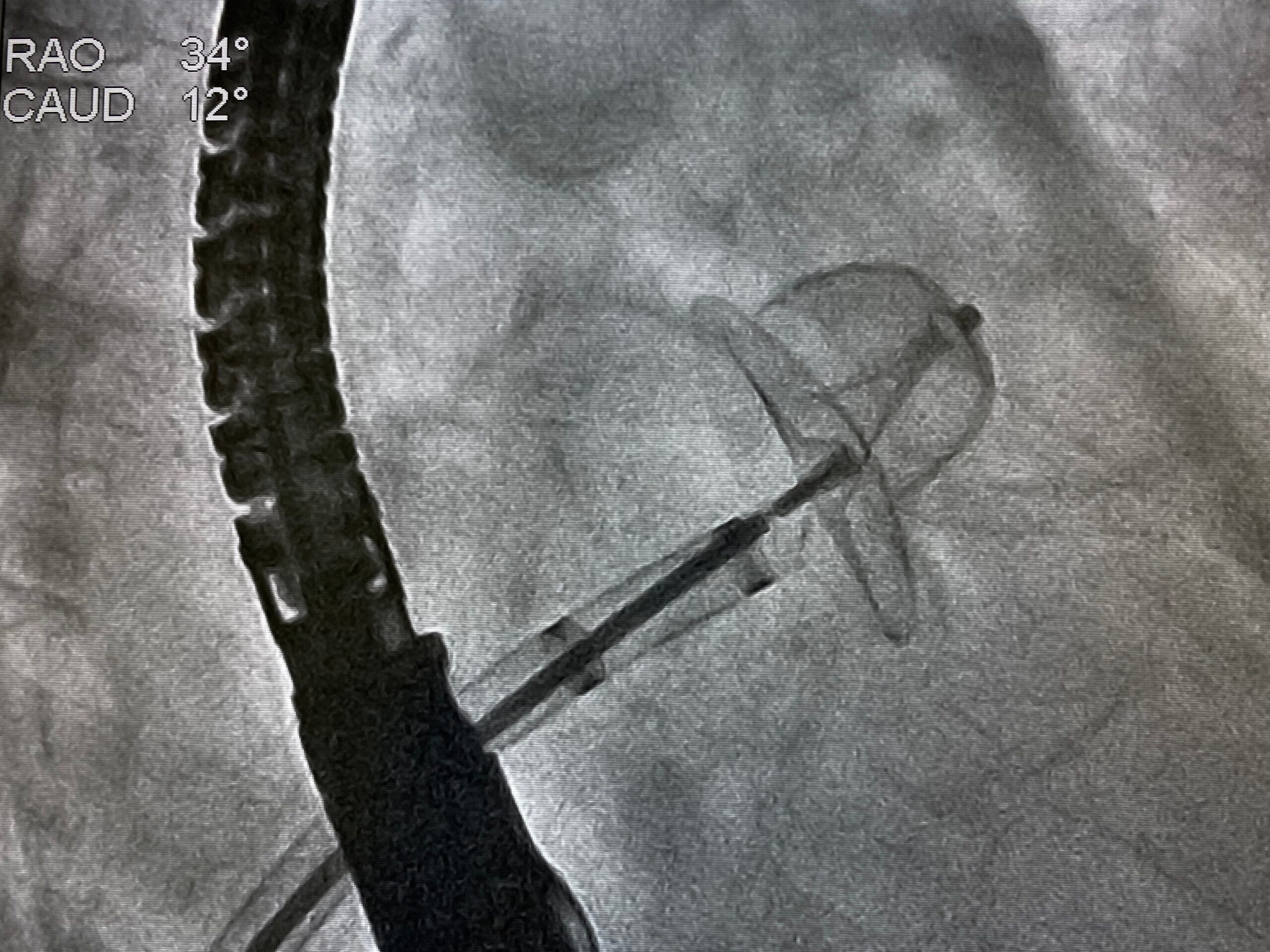
American Indians showed an elevated risk for incident atrial fibrillation (AFib) when compared to other races and ethnicities, according to a research letter published in Circulation.
“Members of the white race have consistently exhibited higher prevalence and incidence of atrial fibrillation,” they wrote in their letter. ” This observation has been referred to as the racial paradox, given that minorities often experience higher rates of AFib risk factors. Although American Indians exhibit high rates of AFib risk factors, they have not been included in previous research that has examined the relationship between race and incident AFib.”
The study included residents of California in the Healthcare Cost and Utilization Project (HCUP) California State Databases to identify residents receiving emergency care, inpatient hospital units, or ambulatory surgery between 2005 and 2011. Inclusion in the study population began when the patient had a first healthcare encounter. They were prospectively followed up and censored on diagnosis of AFib, time of inpatient death, or the end of the study period.
Among more than 16 million patients on whom there were data, 101,848 were American Indian, 9,409,152 were white, 1,309, 520 were black, 4,202,316 were Hispanic, and 1,416,481 were Asian. There were 344,469 episodes of incident AFib over a median of 4.1 years. The findings indicated that overall incidence was higher in American Indians than in the rest of the study cohort (7.49 per 1,000 person years vs. 6.89 per 1,000 person years, respectively; P<0.0001). The significant difference remained after adjustment for age, sex, income level, insurance, hypertension, diabetes, and a number of other factors.
“To the best of our knowledge, only one previous study has examined American Indians and AFib in comparison with other groups,” the researchers wrote.
The researchers did note in their letter that after an interaction analysis, the risk of AFib attributed to American Indian race was attenuated by the presence of diabetes or chronic kidney disease, and that there “was no evidence of any other statistically significant interactions” despite the large patient population numbering in the millions.
“In conclusion, we observed that American Indians had a higher risk of AFib compared with all other racial and ethnic groups,” they wrote in their letter. “The heightened risk of AFib in American Indians persisted after multivariable adjustment for known conventional confounders and mediators, suggesting that an unidentified characteristic, including possible genetic or environmental risk factors, may be responsible.”
Pop health research from colleague Eric Vittinghoff. https://t.co/PMOh8l3rQG
— UCSF Epidemiology & Biostatistics (@UCSF_Epibiostat) October 21, 2019
Incident #AtrialFibrillation Among American Indians in California | #Circulation https://t.co/LXbOMuaBlh
— leo uzych (@LeoUzych) October 21, 2019
#AmericanIndian patients appear to be most at-risk for atrial fibrillation (#AFib), a leading cause of stroke, compared to other races & ethnicities, say @gregorymmarcus and colleagues in @CircAHA. https://t.co/P4JZt9q0DP pic.twitter.com/NtMsPWFcNT
— UC San Francisco (@UCSF) October 21, 2019







 © 2025 Mashup Media, LLC, a Formedics Property. All Rights Reserved.
© 2025 Mashup Media, LLC, a Formedics Property. All Rights Reserved.